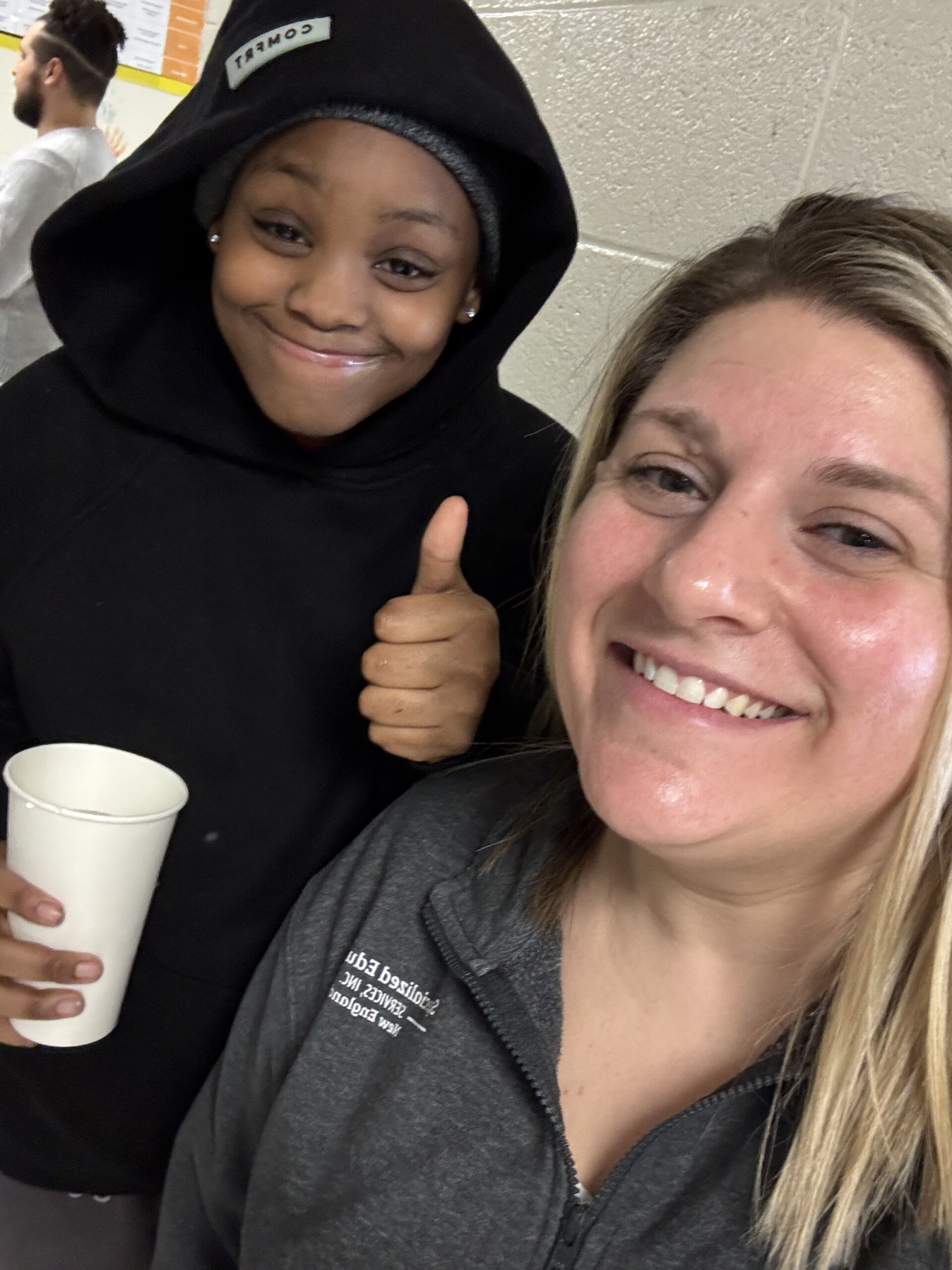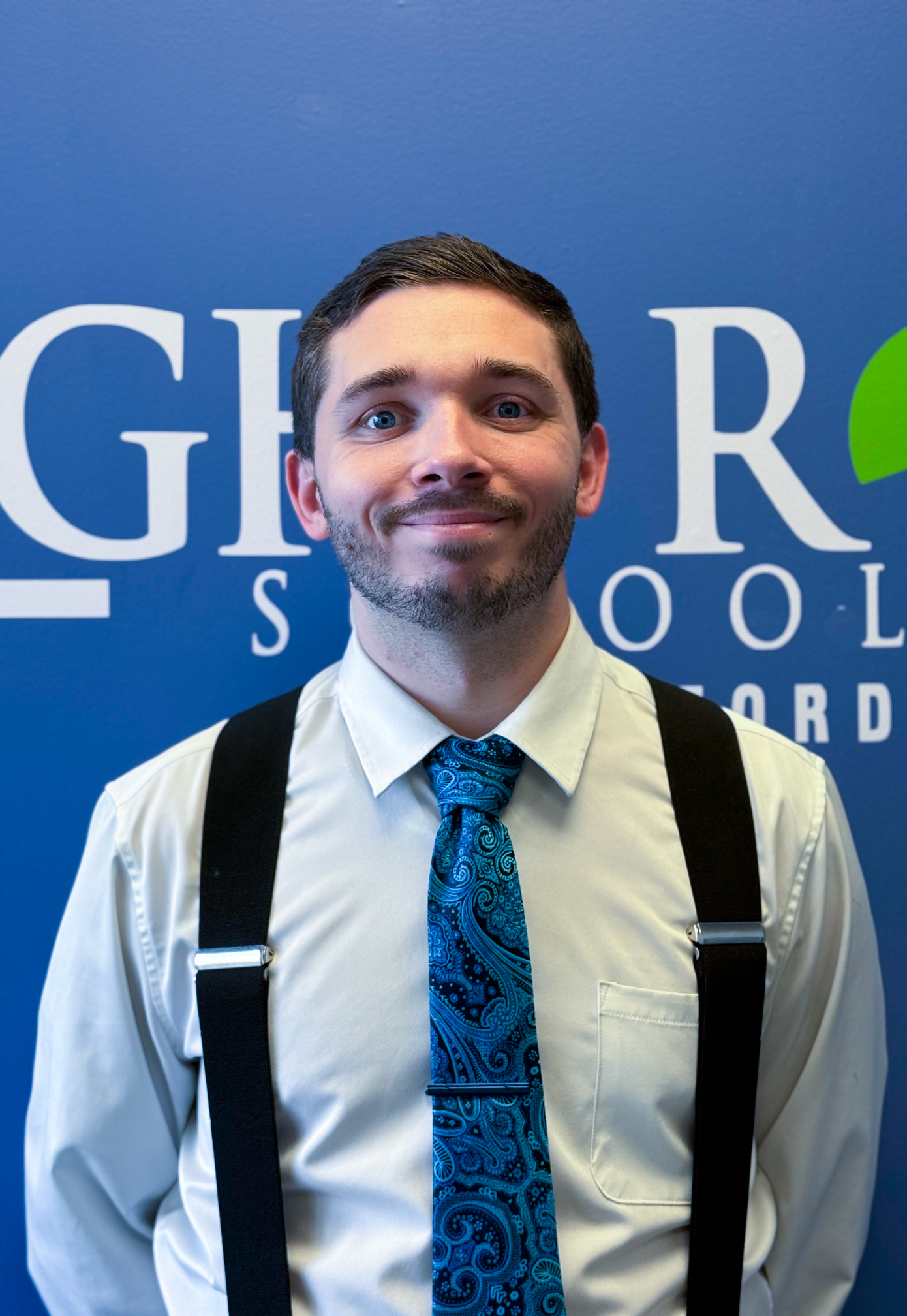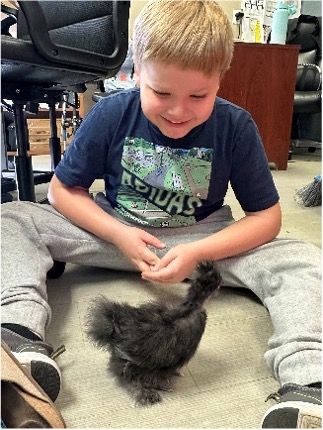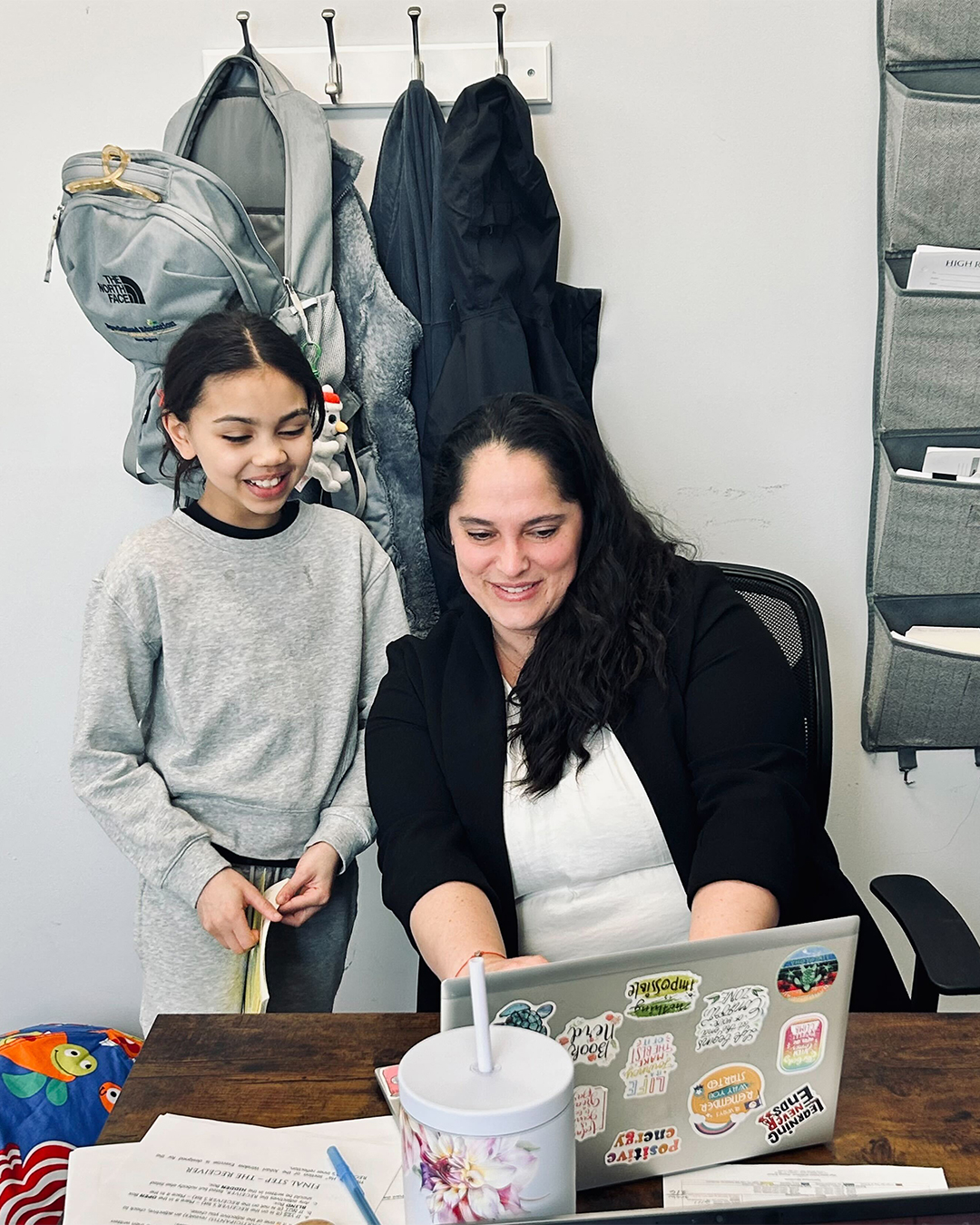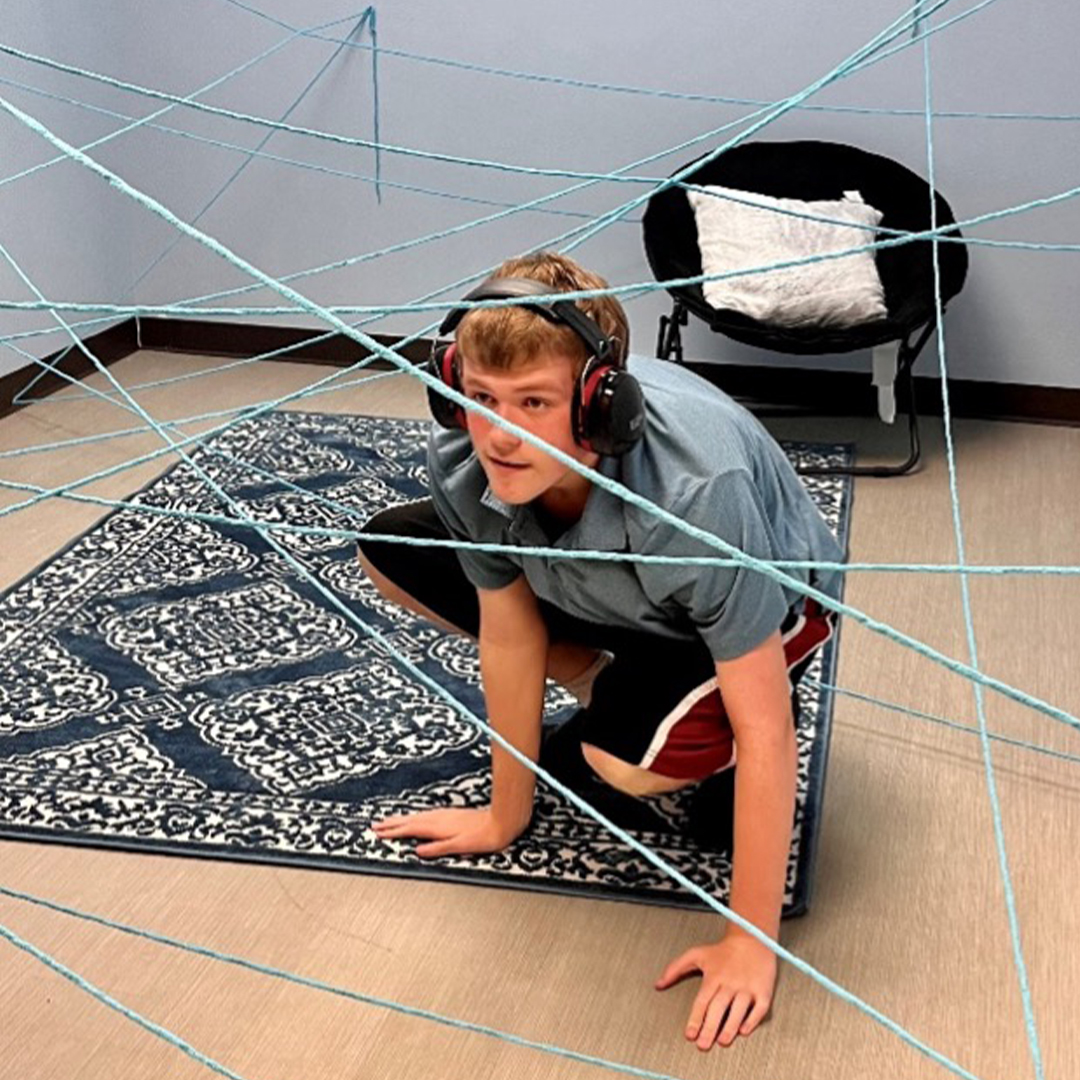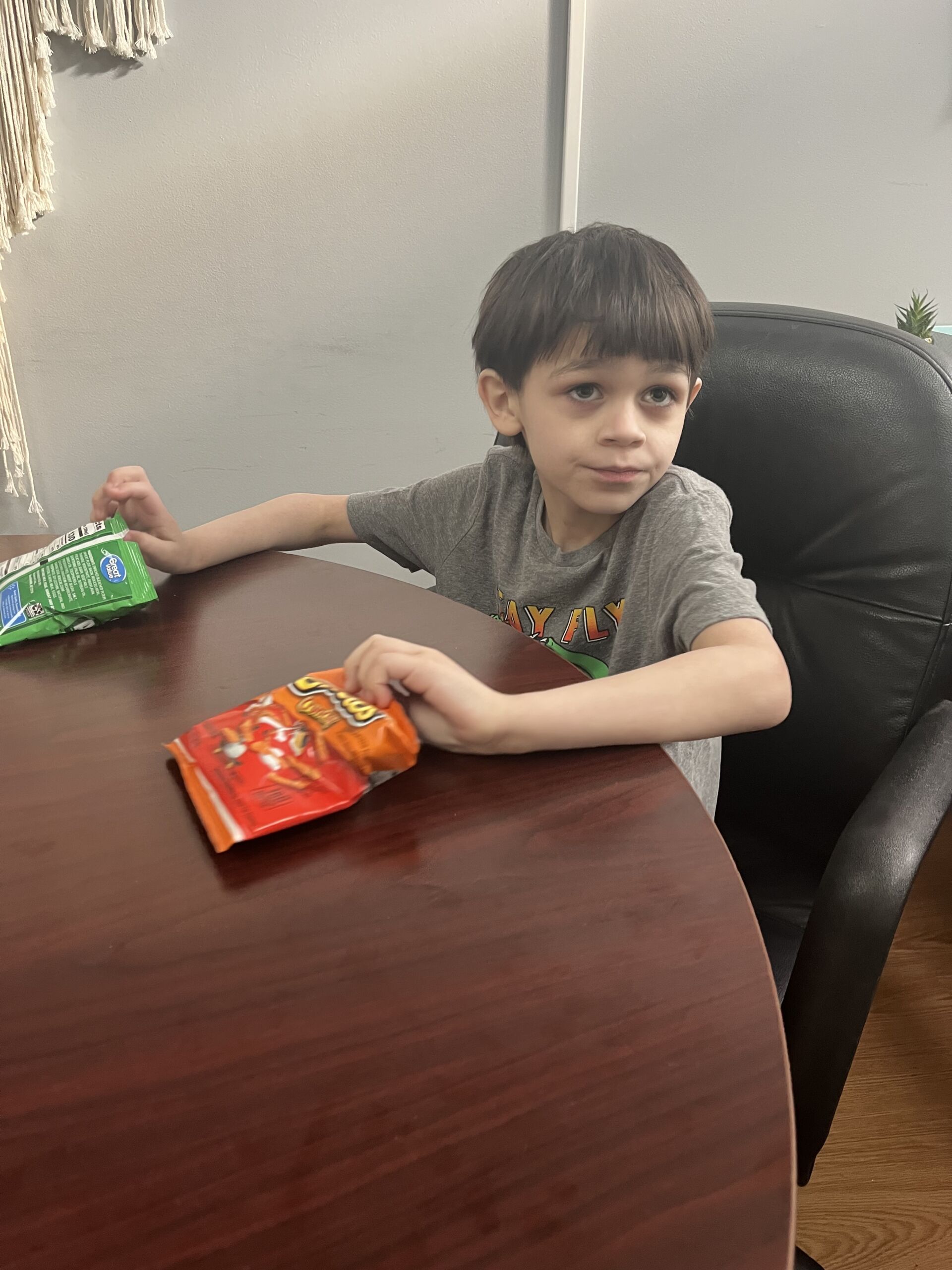High Road School of Windham County
High Road School of Windham County contains two satellite programs: High Road School of Hartford: High School and High Road School of Hartford: Primary & Middle School. Our programs offer academic, behavioral and social-emotional support designed to meet the individual needs of each of our students. Services also include transition services. Districts can refer students in grades K-12. We use positive behavioral supports and interventions, along with a team approach, to help our students learn emotional regulation skills and improve their academics. While students are with us, we collaborate with districts, families, outside service agencies to help our students be successful.
Contact Us
"*" indicates required fields
Download Brochure

- (P) 860.932.6160
- 95 Westcott Rd.
Danielson, CT 06239
Meet The Team

Ronda Turcotte, Senior Director
Ms. Turcotte has worked with High Road School for over 25 years. She started her career here in August 2000 as a teacher on our Wallingford campus. In 2014, she moved into the role of state initiative coordinator, which included overseeing SEED, TEAM, and state testing across our programs in Connecticut.
Went back to school for 092 at Quinnipiac and then moved into senior leadership
Worked across campuses and states
Meaningful learning, rigor and quality teaching are her priorities, teaching students the skills they need to be successful and/or return to public school
In her free time, she enjoys being outside, spending time with her two boys, baseball and football, and collecting frogs

Christine DiGiacomo, Operations Manager
Mrs. DiGiacomo received her BA degree in Psychology from Central Connecticut State University and her MS degree in Education from Dowling College. She completed her Administrator Certification at Sacred Heart University. A lifelong learner, she is currently working towards her MSW at Sacred Heart University
As a dedicated school administrator with a robust background in education, juvenile justice, and community-based programs, she is passionate about fostering a supportive and inclusive environment for all students. During her years of experience in educational leadership, she has successfully implemented programs that bridge the gap between schools and communities, focusing on holistic student development and well-being.
Her career began in the classroom, where she honed her teaching skills and developed a deep understanding of student needs. This experience propelled her into roles within the juvenile justice system, where she advocated for at-risk youth, creating programs that promoted rehabilitation and educational access. She believes that every student deserves the opportunity to succeed, and she strives to implement strategies that empower them academically and socially. In her current role, she collaborates with educators, families, and community organizations to enhance support systems for students. She is committed to data-driven decision-making and continuous improvement, ensuring that our initiatives are effective and impactful. Her vision is to create a nurturing school culture that not only prioritizes academic achievement but also fosters resilience and personal growth. In her free time, she enjoys spending time with family, running and hiking.
Student interview
What are three things that you think are important in the everyday life of a staff member here at High Road School?
Being a team player, positive attitude, wanting to help students succeed
Why did you choose to work at High Road School in Windham County?
I liked the idea of it being a small school program, and I like working with this population.
What is one thing that High Road School offers their students to help them succeed?
High expectations and working hands-on
What is a good reason for parents to choose this school?
Staff really care about our students’ success. We want to help them gain social sills, and help to understand students better.

Amanda Thompson, Special Education Teacher
Student interview
What are three things that you think are important in the everyday life of a staff member here at High Road School?
Consistency, fun, and willingness to learn.
Why did you choose to work at High Road School in Windham County?
I like the small, friendly atmosphere.
What is one thing that High Road School offers their students to help them succeed?
Praise and incentives
Why is High Road a good school?
High Road School uses new research and techniques.

Isabel Rodriguez-Mendez, School Social Worker
Student interview
What are three things that you think are important in the everyday life of a staff member here at High Road School?
Being open-minded, understanding and flexible
Why did you choose to work at High Road School in Windham County?
I wanted to help kids who face tough challenges. With my background in social work and experience in helping, it felt like the place for me to make a difference.
What is one thing that High Road School offers their students to help them succeed?
One thing High Road School offers to help students succeed is personalized, supportive education plans based on each student’s needs. This provides students with the resources and guidance to overcome challenges.
Have you wanted to be a social worker since you were little?
I wanted to be a social worker since high school.
Our Students
Students are referred by their school district to attend High Road School and are in grades K-12 (ages 5-22). They have disabilities in a variety of areas, including but not limited to Emotional Disabilities, Learning Disabilities, Specific Learning Disabilities, Autism Spectrum Disorders, ADHD, and Other Health Impairments.
Our Staff
We are proud to employ certified special education teachers, a certified school social worker, and a transition coordinator. Staff are trained in mindfulness techniques, emergency interventions and trauma-informed practices. High Road’s interdisciplinary staff is responsible for providing our comprehensive special education program.
High Road School of Windham County contains two satellite programs: High Road School of Hartford: High School and High Road School of Hartford: Primary & Middle School. Our programs offer academic, behavioral and social-emotional support designed to meet the individual needs of each of our students. Districts can refer students in grades K-12.
The program is designed to focus on personalized academic and behavioral goals so that students can return to a less restrictive educational setting. The goals of the program are as follows:
- To provide each student with the academic and social skills to be successful in the school, community, and family system
- To prepare students to return to a less restrictive setting as quickly as possible
- To prepare students for State of Connecticut testing programs
- To provide students with consistent and structured tutorials in order to prevent regression and produce both academic and behavioral gains
- To provide students with an array of cultural and recreational experiences
In addition, we accept students for 40-day diagnostic placement.
To supplement our school’s regular 10-month school year program, we offer an Extended School Year (ESY) program for eligible students. This summer programming provides academic support with an eye toward preventing regression of skills and maintaining academic and behavioral skills development through such means as subject area tutorials, behavioral instruction, recreational activities, and cultural experiences.
Family involvement continues to be a staple of the High Road model. Parents/guardians are encouraged to visit the school to learn more about our program, and to become as involved as they wish in the academic pursuits of their children.
By focusing on key areas — academics, behavior modifications, support services, and transition/life planning services — we are able to meet the individual needs of our students through varied approaches to instruction. Through collaboration with each student’s IEP team, we are able to choose the most appropriate learning model based on a given student’s present levels of performance across domains.
Utilizing three specific instructional rotations, students are assessed academically, gain self-regulation skills, learn with district-aligned academic curriculums, and utilize integrated technology.
The High Road Schools of Connecticut help students make the most of learning opportunities by employing certified specialists to give each student additional support as needed. Speech and language, occupational therapy, physical therapy, school social work, and BCBA services are available to support our students.
Our certified school social worker guides students with social, emotional and behavioral support. She focuses on helping students develop age-appropriate skills and behaviors for the classroom and beyond. She assists students in building self-esteem, applying social skills, and practicing leadership and team participation. Students are seen individually and in small group sessions. It is also not unusual to find her in the classroom leading social skills activities.
A BCBA regular visits the school to provide consultation and support for programming.
At High Road Schools, all related services personnel work closely with classroom teachers to assure integration of learned skills into all classroom activities.
Students participate in our transition program, where they complete career interest assessments, research careers, take trips to designated job sites where they observe, talk with, and assist professionals in various fields of work.
In addition to our high school program, High Road Schools have 12+ classrooms for students who are interested in and qualify for an additional year of transition and job readiness supports. These students complete some academic and office work in the morning and are then taken out to various job sites daily to gain work experience and increase life skills. Students in this program are responsible for managing their own “bank account” of money earned at the job sites and are then provided with Visa cards to practice managing income and expenses. These students also explore future career options and training programs required for desired careers. Our staff work diligently to identify students’ interests and foster partnerships with job sites that meet their specific interests.


